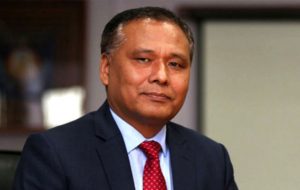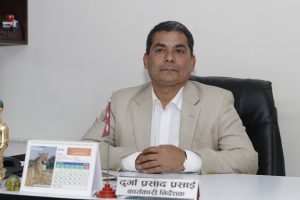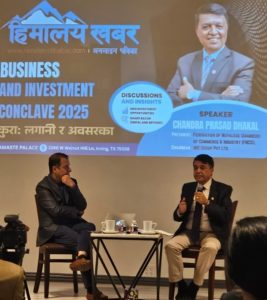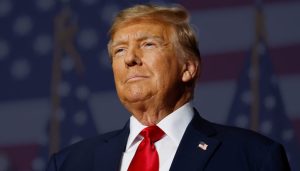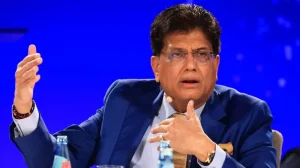Kathmandu — Speaker Dev Raj Ghimire has begun consultations with political parties before deciding whether to challenge the recent dissolution of the House of Representatives at the Supreme Court.
On Wednesday morning, Ghimire held a joint meeting with chief whips and whips of major political parties at Singha Durbar, seeking their official views on the issue.
According to his press aide Shekhar Adhikari, Ghimire requested each party to present its official position before he makes any legal decision.
Participants in the meeting included Shyam Ghimire (Nepali Congress), Mahesh Bartuala (CPN-UML), Hitraj Pande (CPN-Maoist Centre), Rajendra Pande (CPN-Unified Socialist), Gyanendra Shahi (Rastriya Prajatantra Party), and Rekha Yadav (Janata Samajbadi Party–Nepal).
The Rastriya Swatantra Party (RSP) did not attend, as its secretariat meeting was taking place from 11 a.m. Ghimire has publicly called the dissolution unconstitutional but remains cautious about acting independently. He aims to coordinate with all parliamentary forces before taking legal steps.
After receiving party positions, he plans to consult Nepal Bar Association officials and former Attorneys General. Earlier, he also met several former lawmakers and legal experts at his office.
Legal and Political Context
Following the Bhadra 24 arson incident, the Supreme Court had limited new case registrations but reopened this week for writ petitions. Ten constitutional writs have already been filed challenging both the House dissolution and the appointment of former Chief Justice Sushila Karki as Prime Minister.
Sources close to Ghimire said he is inclined to file a writ petition but will decide after hearing all parties. While the CPN-UML, his own party, supports reinstating the dissolved House, Ghimire appears focused on maintaining a balanced legal and political approach.
Legal experts have advised that since multiple petitions are already registered, Ghimire could express his position through formal statements instead of a separate filing. However, his team has not ruled out direct legal action.
With political parties preparing for elections, Ghimire’s move carries both constitutional and symbolic importance. Whether he files a petition or supports ongoing cases, his decision will influence the broader debate over Nepal’s democratic process and institutional accountability.

